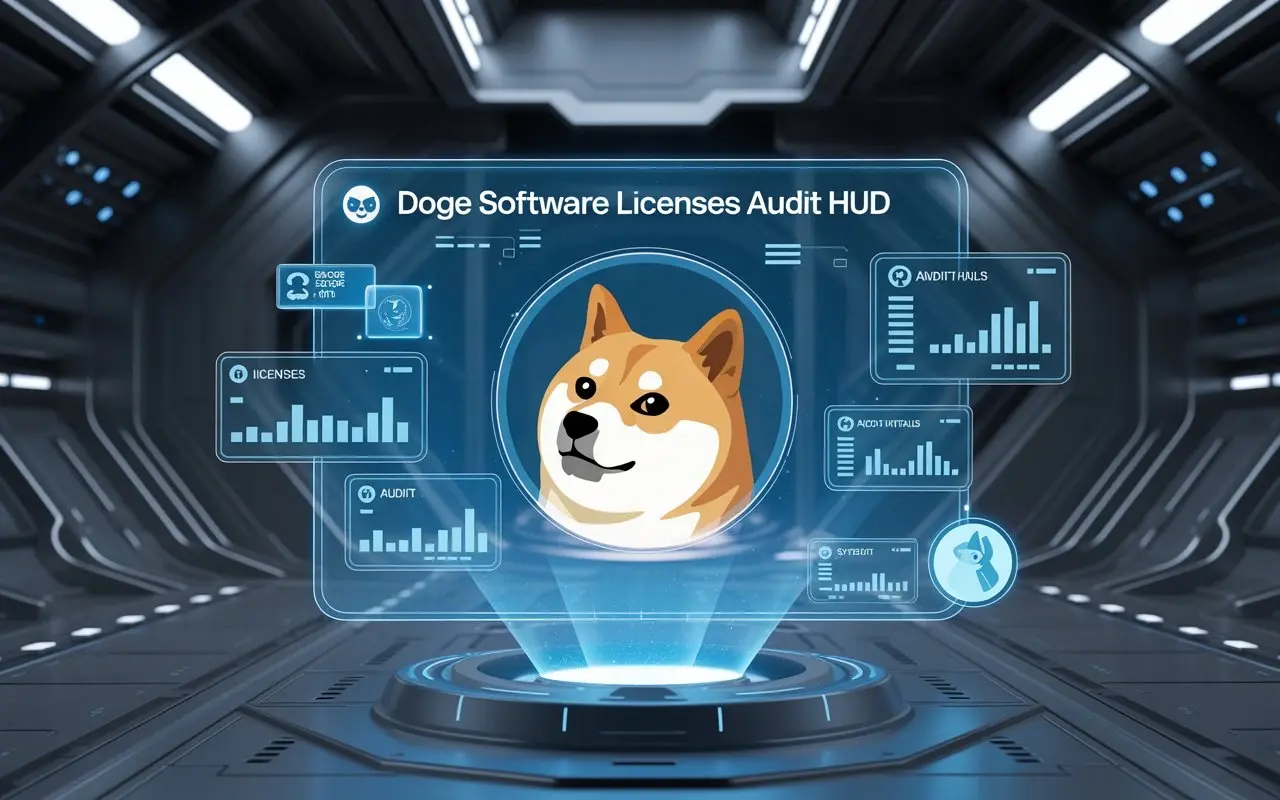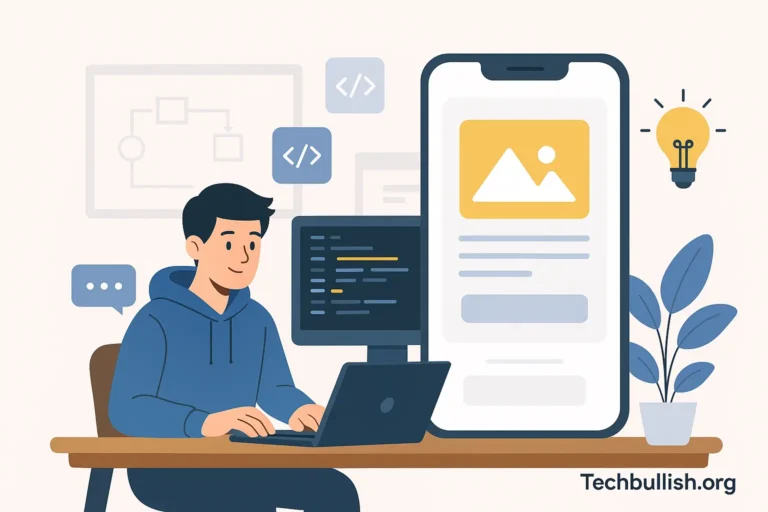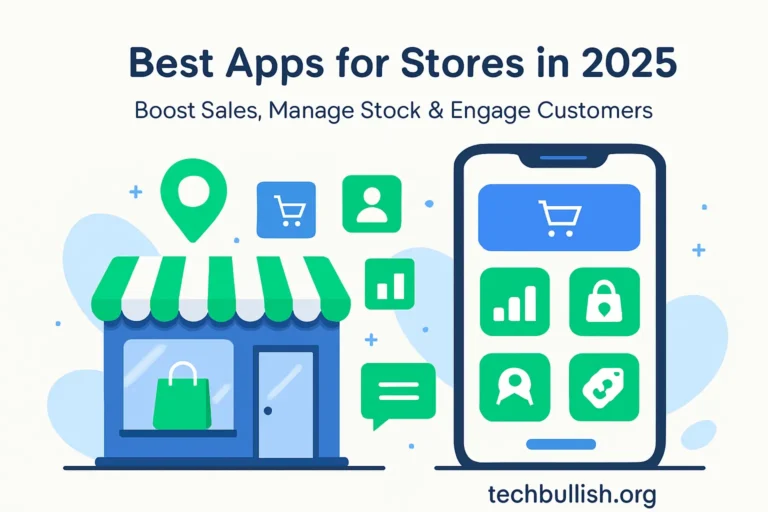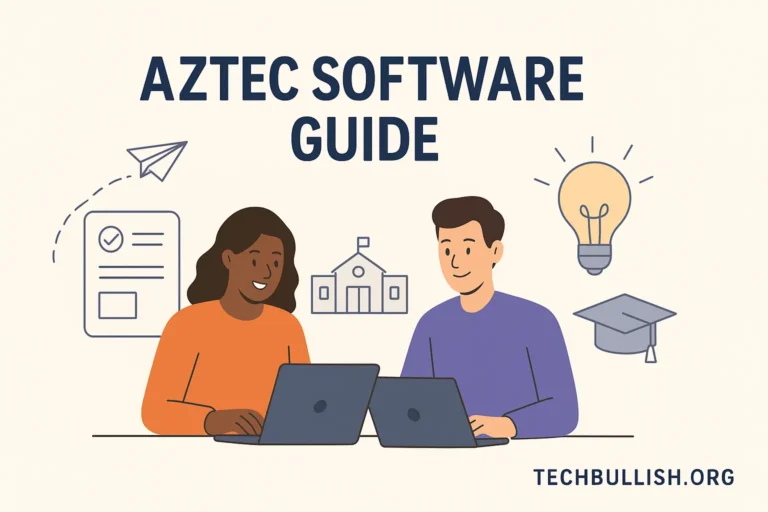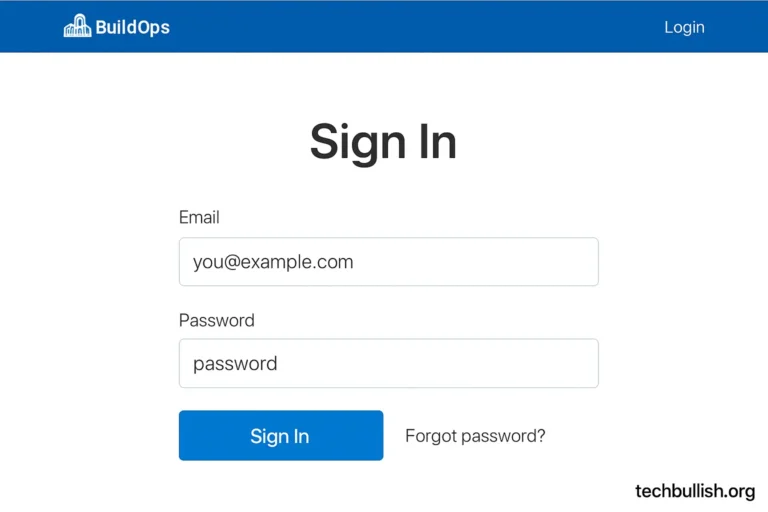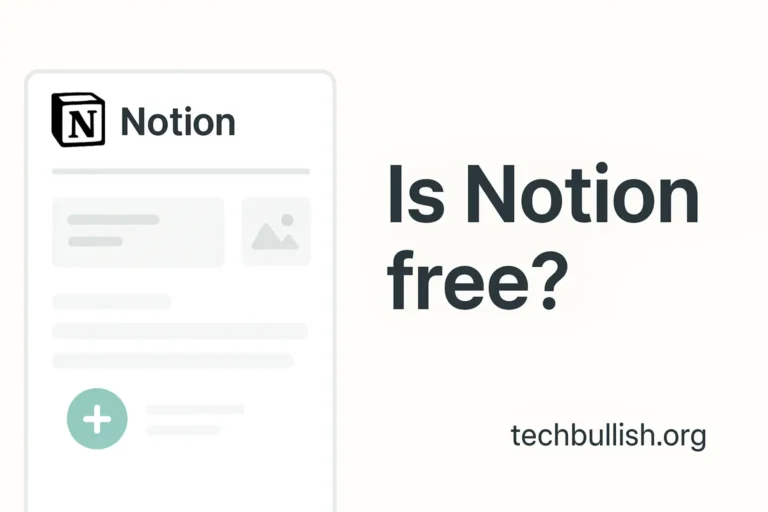DOGE Software Licenses Audit HUD – Full Guide & Key Findings
Introduction
Have you ever wondered if your government or large companies pay for software no one uses? It sounds weird, but it’s true. The recent doge software licenses audit hud found that the U.S. Department of Housing and Urban Development (HUD) is doing this. Licenses are being bought, but people are not using them.
This matters for everyone. Someone wastes taxpayer money. People ignore software rules. The tools we bought aren’t helping. In this article, you will learn:
- What this audit is about.
- What was found in concrete numbers.
- Why this is dangerous and expensive.
- How do such problems happen?
- What we all (governments, businesses, organizations) can do to fix it.
Let’s dive in.
What is the DOGE Software License Audit HUD?
- DOGE means the Department of Government Efficiency. It’s a new effort to cut waste in government spending.
- HUD is the U.S. Department of Housing and Urban Development. It handles public housing, rental help, and other services tied to housing.
- The audit looked at how many software licenses HUD bought or is paying for. It also checked how many of those licenses are in use.
The goal is simple: find unused licenses, cut waste, and wisely divide software funds.
Key Findings from the Audit
Here are clear numbers from the audit showing how bad the waste is:
Software Paid Licenses (Purchased): Adobe Acrobat Licenses in Use: 11,020
What the Audit Discovered: No one used the 11,020 Acrobat licenses.
ServiceNow ~ 35,855; only 84 users. A huge part remains unused. IBM Cognos ~ 1,776; ~ 325 users. Many licenses lie unused.
WestLaw Classic ~800~ 216 users
Java licenses: 10,000 for 400 users. Only a small fraction is in actual use.
These are not small gaps — the differences are huge. For example, with ServiceNow, users use only 84 out of about 35,855 licenses. That means around 35,771 licenses are being paid for while doing nothing.
Why This Matters
1. Money Wasted
Paying for unused software is throwing money away. When HUD buys thousands of licenses that go unused, it wastes money. Those funds could have supported vital housing projects or community programs.
2. Legal and Contractual Risks
Software licenses often come with rules. If you pay for a license but don’t use it, you might meet contract terms. But vendors or auditors may argue you aren’t following best practices.
3. Security Risks
Unused software often goes unpatched because nobody maintains it. That leaves holes in security. If someone pays for a license but no one manages updates or uses it, it could create a vulnerability.
4. Organizational Inefficiency
When departments or people don’t know their active licenses, needs, or costs, efficiency drops.
How the team conducted the audit.

Here are the steps the DOGE audit used, based on reports:
- Data Collection: The team pulled license buy records from HUD procurement. They also checked software usage logs. For example, they noted how many people or machines used the software.
- Comparisons: They compared purchased vs. actual usage. For example, Adobe Acrobat had many licenses purchased but zero users assigned.
- Transparency & Reporting: They shared the numbers. This way, people could see which software was wasting resources. Then they urged action. HUD responded, saying “all are being fixed”.
- Public Oversight: The audit’s public findings raised pressure to resolve the issue.
What Causes These Problems?
Why does this happen? Several reasons:
- Bulk Purchases: Organizations often buy many licenses at once. They may buy more than necessary to get a discount. This can cause over-purchasing.
- Poor tracking: No strong system to track usage, who actually needs it, or who is using it.
- Automatic renewals can happen without checking usage. Even if nobody is using a license, it might still renew because the contract states so.
- Shadow Licenses Some departments might buy software outside central procurement (so-called “shadow IT”). These are often forgotten or mismanaged.
- Legacy or unused tools may cause users not to remove older software even when they replace it. Someone keeps some licenses “in case.”
What Could Go Wrong If We Don’t Fix It
- Each year, we continue to waste money.
- Audit findings could lead to negative media or oversight pressure.
- Vendors may demand proof of usage, or contracts could penalize excess licenses.
- Security issues arise if unused or unmaintained software remains installed.
What HUD and others are doing about it.
HUD’s audit findings triggered some actions already:
- They acknowledged the waste and said they were fixing it.
- They are doing inventory: tracking which licenses exist vs. who uses them.
These are good first steps.
What organizations can learn and do.
So what can you or your organization do to avoid similar waste? Proven steps are here:
- List all software.
- Note the number of licenses.
- Identify the owner.
- Record the cost.
- Include the renewal date.
- Usage Tracking / Monitoring: Use tools or dashboards. For example, track login data and usage logs. See which licenses are idle.
- Regular audits don’t wait for someone else’s audit. Do your own every 6–12 months.
- Cancel or reassign unused licenses. If you are not using a license, cancel it or move it to someone who needs it.
- Review contracts and renewals with attention to detail. Verify whether you truly need that many items before renewing.Negotiate based on usage.
- Use Centralized License Management Tools (Software Asset Management). There are tools designed for the specific purpose of tracking software licenses.
- Policies & Responsibility Assign someone (or a team) to be responsible for software licensing. They check usage, renewals, and contracts.
Real Examples and Data (Useful for Showing)
Here are some examples from the audit:
- HUD had 11,020 Adobe Acrobat licenses with zero users.
- HUD had 35,855 ServiceNow licenses purchased, but only 84 in use. That means more than 35,700 people are not using their licenses.
- Other software like Cognos, Java, and Westlaw also showed large gaps.
These numbers help show scale. Use charts or graphs in your post. They help people understand the concepts with clarity and efficiency.
FAQs
Here are common questions people might ask about this topic:
Q: What does “DOGE” mean here?
A: It means Department of Government Efficiency. It’s an oversight group that looks for waste and inefficiency in government spending.
Q: Does “HUD” always mean the housing department?
A: Yes. In this case, HUD is the Department of Housing and Urban Development.
Q: Are all purchased licenses always wasted?
A: No. Some users might not use certain licenses right away. They may save them for later, reserve them, or include them in bulk deals. Many people leave them unused and waste money.
Q: How often should audits like this happen?
A: Every year is good. Twice a year or continuous tracking is even better.
Learn more about software license compliance here
Action Steps You Can Take Right Now
If you are in charge of software or tech in any organization, here’s what you can do immediately:
- Pull up your software license list. See what you’ve bought and what is being used.
- Check which licenses you haven’t used in the past 3-6 months. Flag them.
- Talk to your procurement or IT team; show them the numbers. See if they can reduce unused licenses.
- Look for tools that give you dashboards or real-time usage information.
Conclusion
The DOGE Software Licenses Audit HUD shows that many big companies overspend. Often, they don’t even realize it. The HUD found that many organizations buy software licenses but don’t use them. That means taxpayers lose money, compromise security, and suffer from inefficiency.
But audit reports like these also offer hope. With good tracking and transparency, organizations can reduce waste. Smart purchasing and regular reviews help them use money where it’s needed most.
If you manage licenses, now’s the time to act. Review your data and ensure every license you pay for is in use. That’s how you help make things better for everyone.
